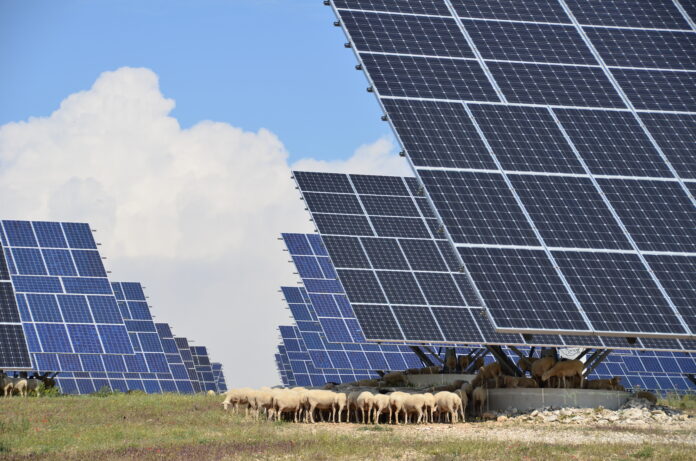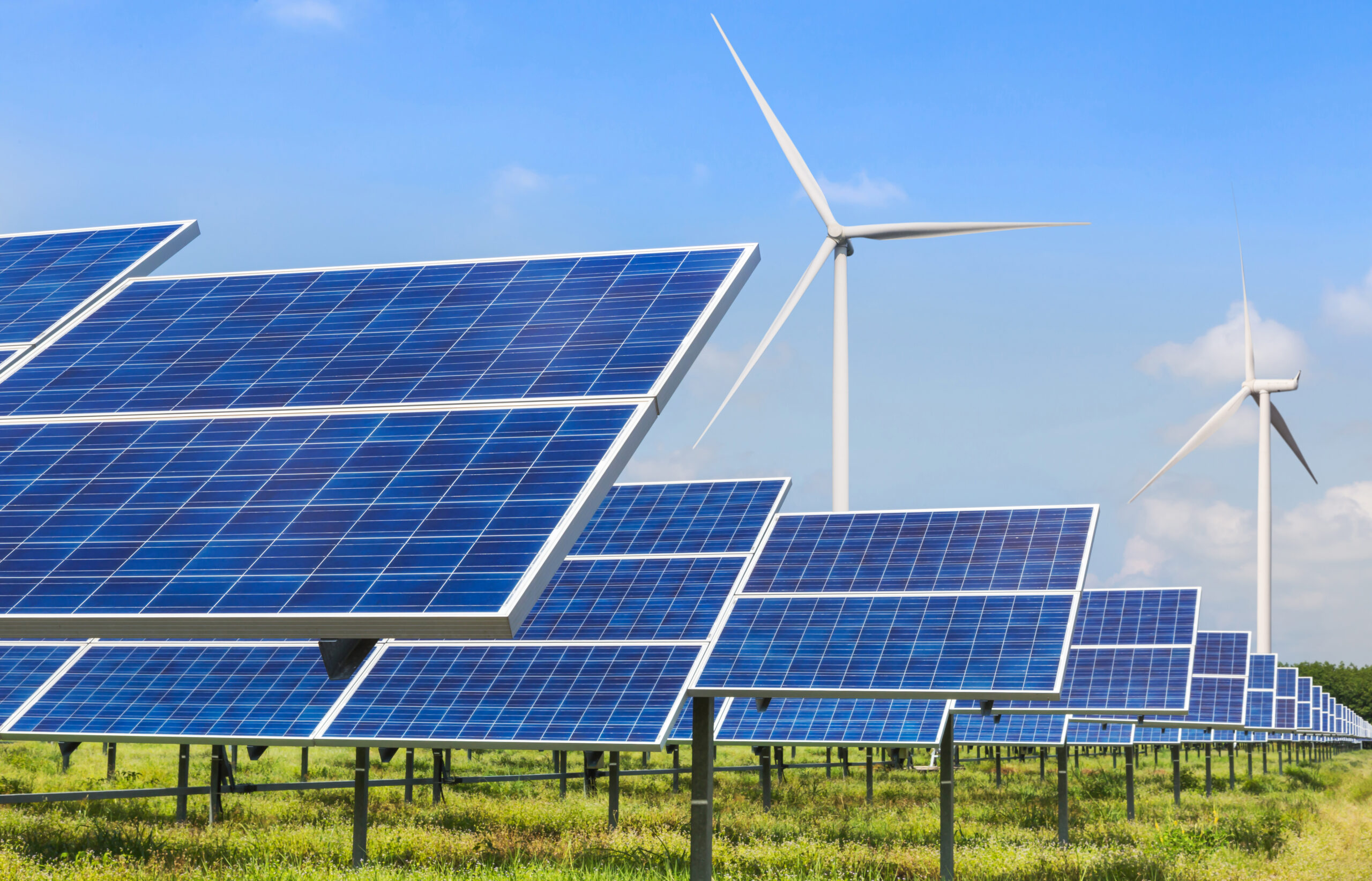Stand-alone systems are the most popular form of security system in the world. They offer a range of benefits over central systems, including lower cost and greater flexibility.
Stand alone power systems are cheaper because they don’t require a central system. They also don’t need much maintenance, which keeps costs down. They use less power than a centralized system, so that’s another way that stand alone systems save you money.
Stand-Alone Systems Are Easier To Install And Maintain.
They can be installed without the help of an electrician, and you can monitor and maintain them yourself. You can upgrade them yourself as well, with minimal equipment or cost. In addition, stand-alone systems don’t require power from your home or business to operate—you don’t need to worry about power outages affecting their functionality or safety.
Stand alone generators are ideal for homes or businesses that don’t have access to power from the grid. They’re also an excellent choice for anyone who wants the peace of mind that comes with knowing their electrical needs will be met in an emergency.
Stand-alone generators can be used with the grid or as a backup when experiencing power outages. Using a stand-alone generator as a backup power source during an outage means your home can access electricity even if your local utility provider has issues with their system. Stand-alone generators can also be used during natural disasters—like hurricanes or earthquakes—and are especially helpful for homes far away from city centres where infrastructure is more susceptible to damage.
 Stand-Alone Systems Are More Resilient Than Central Systems.
Stand-Alone Systems Are More Resilient Than Central Systems.
Because these stand alone, systems are not dependent on other systems; they can provide security in the event of a power outage or cyberattack. This means you won’t have to worry about things like your lights going out and being unable to see what’s happening around you in the dark. In addition, if a hacker were to get into your home network, they would be unable to access any other part of your home or office because all signals are transmitted directly between devices, and nothing is routed through a central hub (unless it’s an optional feature).
Stand-Alone Systems Can Be Used For Businesses And Homes.
A stand-alone system is more affordable than a centralized system. A dedicated unit can be installed in the home or business, and it doesn’t need to share energy with other systems. This means that it’s not sharing resources or batteries like the central system is prone to do. This also means no bulky wires are running from one side of your home or office building to another.
A stand-alone system is also more reliable and secure than many other security systems today due to its simplicity in design and construction compared to larger, complex networks aimed at businesses rather than homes. A stand alone system will work even if the power goes out! This type of system serves as backup technology during natural disasters like hurricanes where power is lost for extended periods–or even permanently–and therefore needs to function independently regardless of whether there’s electricity available nearby where it lives inside your home/office building, etcetera.
Stand-Alone Systems Are Perfect To Use Within Remote Areas.
Stand-alone systems are well suited for use in remote areas because they do not require a constant power source or connection to a central system. In this way, stand-alone systems are more resilient than central systems, which can fail if the power goes out or there is a disruption in data transmission due to weather events or other causes. Stand-alone systems also make it possible for businesses and homes to operate independently as long as they have electricity (even on an intermittent basis).
The Stand Alone Power Systems Need Less Power.
You need less power to run a stand-alone system than you do for a hybrid or off-grid system. This is because the solar panels are connected directly to the batteries, which store electricity for use when it’s dark or cloudy. This means that you won’t have any trouble if there’s a power outage in your area; your house will still be able to run on its energy supply!
Another benefit of stand alone power systems is that they work better than hybrid and off-grid systems in remote areas. They don’t have to rely on other systems like the grid or backup generators–which can sometimes be unreliable–so there’s less chance of failure during an emergency. In addition, installing and maintaining these types of setups is much easier than installing other home energy systems because they require fewer parts (such as inverters) and take up less space within your home due to their compact design.
No Dependency On Other Systems
Stand alone systems are not dependent on other systems. If a stand alone system is broken, you don’t need to wait for someone else to fix it because you can fix it yourself. In addition, they can be used in remote areas because they are self-contained and require no power supply from external sources.
You can use stand-alone systems in businesses, homes, and remote locations because they do not require external connections.
Flexibility
Stand-alone systems are flexible, and you can choose almost all components yourself. This includes:
- Hardware. You can purchase your hardware and install it as you wish. This will be much easier if you’re a developer or a programmer since you know exactly what to buy.
- Software. Depending on what kind of software you want to run on your stand-alone system (database management systems come with open-source options), there are many different options available for free or for a low cost that will work perfectly well for what you need them for!
- Operating system(s). If there is an operating system (or two) that has everything in place for what your needs are but doesn’t quite do it exactly how YOU would prefer – then no problem! Just switch over to another OS instead! And don’t worry about switching back either – once set up correctly and installed, any future updates won’t require any extra effort than usual either way, so rest easy knowing everything remains working fine no matter which way round they go out.
These Systems Are Faster
Stand alone systems are faster because they don’t have to wait for a response from a central system. If you’re using a central system, your data will have to travel from the remote device back to the central server and then be processed there before it can be returned to your system. With stand-alone systems, this isn’t necessary; any processing can happen directly on your local device.
This also makes it easier for you to recover quickly when things go wrong. For example, suppose there is an issue with one of your devices connected via Bluetooth or Wi-Fi, and you need to restart its connection. In that case, there may be some delay while waiting for information from the central server—but if there aren’t any issues with connecting directly at all times, then this should not happen!
Conclusion
In conclusion, stand-alone systems have many advantages over central systems. They are more resilient, cheaper, easier to install and maintain and can be used in remote locations.
Related Websites
Articles on Blogseu
Articles on Blogspeoples
Articles on Thebigblogtheory
Articles on Allcityforums


 Stand-Alone Systems Are More Resilient Than Central Systems.
Stand-Alone Systems Are More Resilient Than Central Systems.